|
Anne Cuthbert, of Food Is Not the Enemy, knows first hand what it's like to deal with food and body issues. For years, she struggled with food issues and hating her body. Fourteen years later that has definitely changed. Anne is now passionate about her work as a counselor, helping people to eat whatever they want and feel good about it. I interviewed Anne recently!
Virgie: What is the one thing you'd tell someone who is just starting out on their journey to self-love? Anne: First, I would say "Yay for you!" It takes a lot of courage to step out of the box and move toward loving yourself. It takes courage to face your feelings and to change your beliefs and to be different from others. Yay for you! Now that you've found the courage to do it, find safe, loving support! This can be through the support of friends, family or co-workers who you trust and feel safe with. It's even better if they are starting or in the midst of their journey too. It's also okay to get professional help, especially if you don't have enough (or any) support elsewhere. Although very rewarding, this may be a difficult journey and having help along the way can really make a big difference! Virgie: I totally agree! Community and support are two of the most important things in my practice of self-love. Ok, I'm always asking people this question and I'd love to know your answer: Why do you think fatphobia is so pervasive in our culture? Anne: Our own, deep, personal fear of fat, which often goes unacknowledged. We tend to think it's just the way it is, rather than exploring and admitting our own fears. First, our culture teaches us that being fat is bad. That's a belief, not fact, but a transparent belief that we see as fact. Seeing that fat people are treated with disdain teaches us that you never want to become that. The fear then keeps us pushing fat people away (or our own fatness) and convincing ourselves that there is something fundamentally wrong with people who are fat. The fear is what keeps it so pervasive. Fear is an emotion that protects us and tells us to run away, even if the fear is unfounded. The fear doesn't know any difference and can't mentally figure out the difference. It just says "that's bad... run!" Therefore, fear about being fat or getting fat keeps us running away from it and making up stories to give evidence that the fear is true. This cycle tends to dig us deeper into the fear and belief until we only recognize it as the facts. I think if there wasn't so much fear around being fat, people would show curiosity and love for others and have space to believe that being fat is okay and even wonderful. Virgie: Being fat is wonderful! Ok, last question. What was your personal journey to self-love? Anne: My journey started one day while walking toward the library at University California at Santa Barbara. Several feet in front of me was a thin woman with long, straight blonde hair. I noticed her hair and wished it was mine. I noticed her legs and wished they were mine. I noticed her body, piece by piece, and wished I looked like her. I was convinced that the person walking with her was her friend because she looked that way. I was obsessed with comparing myself to her. Suddenly, it hit me! I was wasting my time, my life thinking about her and how she looked. Doing this wasn't going to make me happier or a better person. It certainly hadn't so far and this wasn't going to change. I knew, in that moment, that I had to change! I had to love and accept myself in order to be happy and a better person. Thank you for sharing your words with us, Anne <3! Find Anne online at Food Is Not the Enemy. Along with Anne's personal and professional experience with eating disorders, she is a licensed Marriage a,nd Family Therapist in California and a Licensed Professional Counselor in Oregon. She holds a Master's Degree in Counseling Psychology from Antioch University, Santa Barbara, CA. Anne's counseling experience spans over 12 years and has included studying and working with experts in the eating disorder field, teaching counseling and communication skills classes, and assisting and managing several personal growth seminars and support groups. Anne provides individual and group counseling as well as body image workshops to people who want to make friends with food and peace with their body. In considering how to address a recently publicized interview with Abercrombie & Fitch CEO, Mike Jeffries, I found myself wanting to make fun of MJeff. What else can you do when this fool has written himself – a flip flop wearing, crunchy hair brandishing, cologne doused, self-loathing 70 year old - out of his own definition of “cool kids?” Even more puzzling is that I had been written out of the definition of cool kids. What?! I know. Ridick. Ghurl, clearly MJeff cannot be trusted. Normally this kind of absurdity gets a pun and a chuckle and then I move onto whatever pressing dessert or fashion issue is on my agenda.
But then I realized that I had to take Jeffries’ statements seriously. And I wanted to. They are not merely an instance of Lil' Mr. Hot Mess being out of pocket but are an instance that showcases that business-sanctioned fatphobia is in fact a civil rights issue. His statements unveil the political vulnerability of fat people, especially fat women (who, according to Jeffries, are women over a size 10). It forced me to ruminate on the ways that fat folks are stigmatized and reviled with such reckless self-righteousness and with no protection from the law. I was also interested in both what Jeffries said explicitly and what he implied through coded language: "We go after the attractive all-American kid..." -Mike Jeffries What's particularly noteworthy to me is what his statements say about his ideal (only?) customer, using descriptors like "cool kid" and "all-American." If you've watched Fox News or any neo-conservative media you're probably familiar with the "'Merica for 'Mericans" trope. It is a favored linguistic tool that obscures meaning: conflating Americaness or coolness with specific racial and class markers. Jeffries explicitly talks about his hatred of fat people and of old people, but the phrases "All American" and "cool kids" leave his statements in that murky area of plausible deniability. If A&F images (and price tags) are any indicator, it's clear what "All American" and "cool kid" means: white, middle-class, able-bodied, and cisgendered as well. One journalist/activist, Janssen McCormick has put out a call on Facebook for an "Abercrombie Fat-In" involving fat presence in stores all over the US on May 25. Jeffries' statement and the belief system that oversees his fatphobic brand are unjust, immoral and bigoted. Finally, the purposeful and explicit exclusion of people of size from an establishment is something I believe should be unlawful. Watch my recent commentary on this issue on San Francisco's CBS 5 evening news:
These are just a few of the facts that I've made up to showcase some of the oft-neglected victims of dieting. Today on International No Diet Day #INDD I ruminate on lost calories from my past, the meals that got away, and our sad uneaten cookie comrades. I dieted a lot for a long time. I dieted so hard I gave myself scurvy one time. The psychological and physical harms of dieting are not debatable. That dieting doesn't work is not debatable. That dieting is a racket is not debatable. At this point in my fat life, I'm just mad at diet culture because of all the delicious meals I missed. And so I'm taking a moment to remember that eight course meal in Florence that I missed because I was on a diet. I want to remember the birthday cake I skipped in the name of skinny jeans. I want to remember the cannolis and the cream and the bagel bites and all the fucken butter that I missed out on because of you, you dirty lying diet bastard. I don't exactly remember the moment that I decided I was going to stop dieting forever, but I remember that along the way to that point I wrote something called "The Dick to Dessert Ratio" in which I (pseudo) mathematically broke down why I didn't want to diet in the pursuit of romance or sex anymore: Conclusion: 3 truffles = <greater than/equal to> most wang I remember when I realized that dieting was about so much more than the pursuit of love or romance or bikini-wearing. Dieting is about more than even weight loss. It's about estranging you from your body. It is about untethering you from what your body is trying to tell you about what you need and what you want. It is about engaging and preoccupying you in an impossible project of conformity. That it is impossible is at the very heart of dieting. The pursuit of impossibility creates and ensures control and docility. It teaches you that the problem is not out there, but in here. And that feeling is essential to the occupation of your mind and your heart. When I stop trying to lose weight I regained the parts of myself that I thought I'd lost forever. I love this body and because I love it I refuse to subject it to dieting. And, ghurl, that bacon isn't going to eat itself. Happy International No Diet Day! xo, Virgie I'm a believer in the power of panels. I wanted to put together something that focused on fat and with the help of my friend, Perla, who is an MPH and the health coordinator for the UC Berkeley co-op system, we came up with "Fat Shame: The Politics of Body Image, Gender & Reclamation." I invited Alex Lannon, who's the voice of the most amazing band I've ever seen, GAYMOUS, and who also did work in fat studies at Southwestern, and emerging fat studies scholar Philippe Fradet, who's doing research on narratives of sexuality among fat youth of color at San Francisco State University. We spent the evening at Sherman House at the upper edge of the UC Berkeley campus. Here are some of my favorite parts of the evening: 1. The pig mug I got to use for water: 2. When Alex talked about their experience growing up on Jenny Craig and how their sponsor became their first fat friend and helped to subvert the Jenny Craig points system by hoarding Jennycakes. 3. When Philippe talked about the relationship between stressors, discrimination and things like high blood pressure, which is often attributed to fat - especially in Black/Latino community - but which is rarely correlated with the stress of fat stigma or racism. 4. When Judy Freespirit's granddaughter, Amy, came up to us after the panel and told us she was Judy Freespirit's granddaughter! 5. The amazing dolma and baba ghannouj and pita and lamb and chicken dinner before the panel (oh, and sparkling pink lemonade!).
6. During the Q & A someone in the audience asked how the house could become more fat positive, and Alex told them about their activity calendar near the bathroom saying that activities should focus on the joy of movement and not on weight loss/maintenance. 7. When asked the question "how does your fat identity interact with your other identities" I said I identified as uppity and talked about the ways that politeness is heternormative (and bo-ring). 8. After I said the thing about being uppity, Perla asked what the opposite of uppity was and then coined the phrase "downity," which elicited many snaps. xo, Virgie p.s. Sorry this event wasn't promoted beforehand. We had to keep it a secret since the panel was housed in a co-op where students live. Dear Kim Kardashian's Armpit Fat, I found out about you today while getting a mani/pedi in the shade of mint in the Marina when I happened upon the InTouch Magazine headline: “Kim sobs: ‘Even my armpits are fat’” Now, I personally find KK’s body among the sexiest of the highly visible celeb selection on offer in the tabloids. Though Kim is not what my friends (or I) would call fat, I think she has showcased the desirability and beauty of fuller hips, bigger breasts (and butts) and darker features. Kim’s body offers a(n at least partial) rebuttal to the imagery of the blonde-haired, blue-eyed “All-American” beauty. And I really like that about KK.
But back to you. I have to say that even though I relate to Kim’s arm fat woes, you are not sob-worthy. Arm fat – of the armpit and beyond variety – has long been a source of complicated feelings for me and can be the “final frontier” for some of even the most ardent body positive folks. As the love of my round belly and my thigh jiggle grows, I find that my arms remain a difficult zone to profess my love to. The right to bare arms is not something that I take advantage of very often. To you, Kim Kardashian’s armpit fat, I say: you're hot dammit! I'm not afraid to defend your hotness. You and my armpit fat need to set up a play date. And because I love you so much I must love my own. So here it is. This armpit fat pic is dedicated to you. xo, Virgie I'm still recovering from this cold. Two Saturdays ago I was on my way to a friend date in Lower Pac Heights. En route I was sitting on the MUNI and there was a literal father and son snot symphony happening behind me. Even though I've experienced my share of viral exposure while in transit (girl can't complain about getting chauffeured around on the city dime too much!), I had a moment of prescience. I totally knew I was going to get sick that day! Yes, I know The Secret would dictate that this very thought is the reason that I "caught" (/gave myself) a cold. The point is: it happened. By the time it had firmly taken root in my face, the cold threatened to ruin my entire weekend. Yes, I had to cancel some highly anticipated plans, but there were others that simply couldn't be missed, namely: Buckshot & Bordeaux at the Pacific Rod & Gun Club (Clark Gable used to shoot there!). I'd found out about B&B through dapper new friends I met at the Asterisk Magazine Issue Release Party earlier that week. There is nothing on earth that could have kept me from skeet shooting and charcuterie, ghurl. No-thing. Needless to say my eating and smelling and hearing senses were impaired, which, yeah, was both pseudo dangerous on a gun range but was mostly just kinda sad what with all that delicious food around. Additionally because I'd taken Tylenol "Severe" Cold (which had no effect on me whatsoever; I thought that "Severe" meant it was actually going to work this time), I couldn't booze it up too hard because of the mythical liver damages. I kept asking people nearby how much they believed in liver damage caused by acetaminophen and wine mixing. Conclusion: difficult to say. I decided - to my chagrin - to play it safe. Life always seems shorter and more precious when you're ill, right? Regardless I was able to make my way through all seven courses, including some zingers like these here quail legs: Lessons learned:
1. Move away from families carrying snot on the train. 2. I hate shooting guns. 3. I love food. 4. It's difficult to know how much liver damage one can get from mixing acetominophen and booze. Use these lessons wisely. xo, Virgie |
Virgie Tovar
Virgie Tovar, MA is one of the nation's leading experts and lecturers on fat discrimination and body image. She is the founder of Babecamp (a 4 week online course focused on helping people break up with diet culture) and the editor of Hot & Heavy: Fierce Fat Girls on Life, Love and Fashion (Seal Press, 2012). She writes about the intersections of size, identity, sexuality and politics. See more updates on Facebook. Archives
April 2021
Categories
All
|
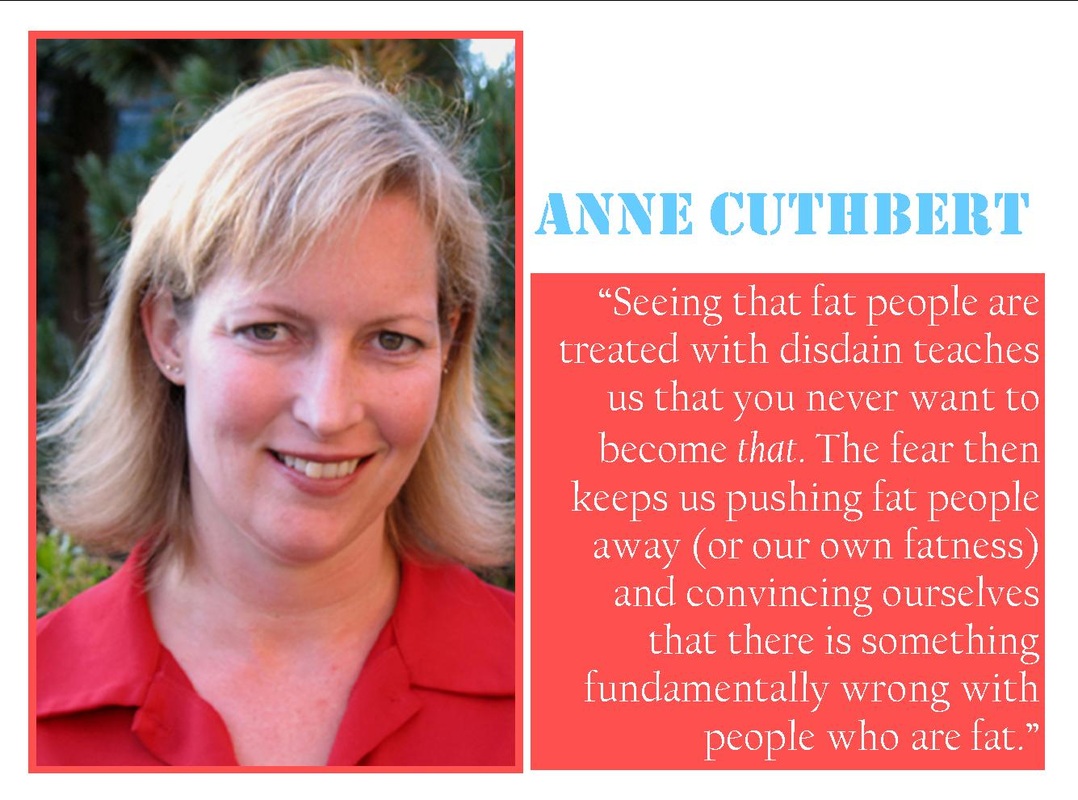
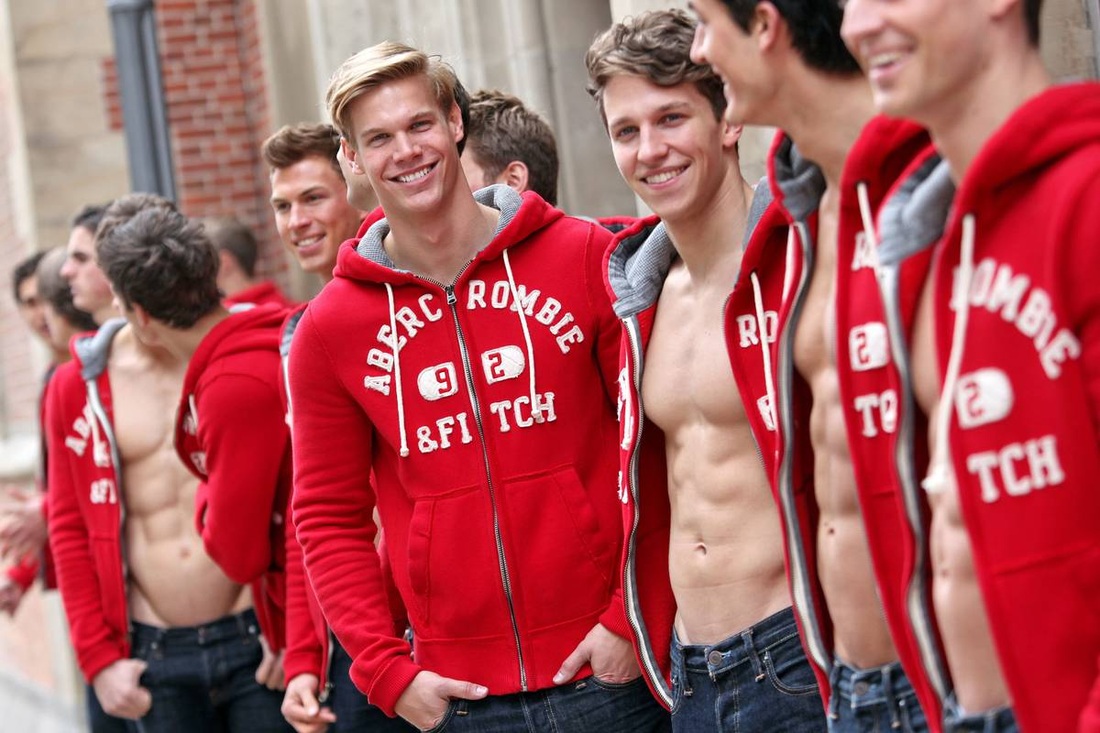
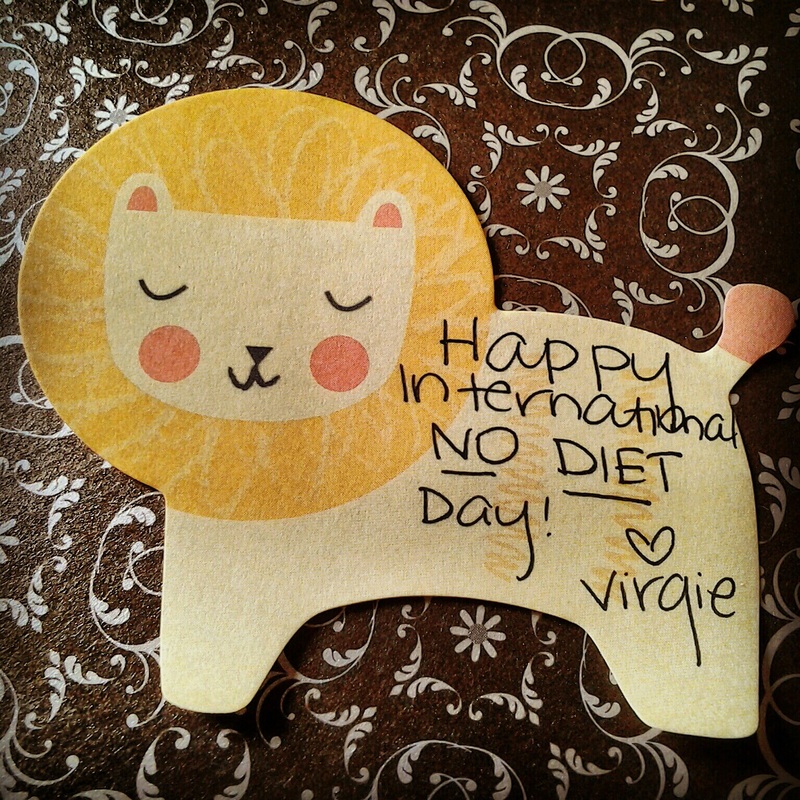
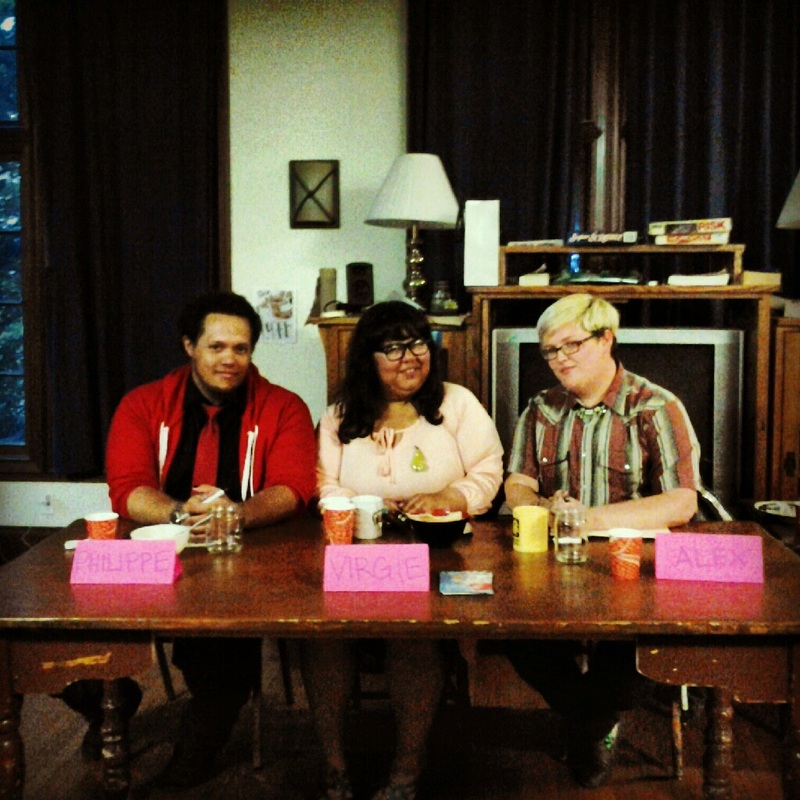
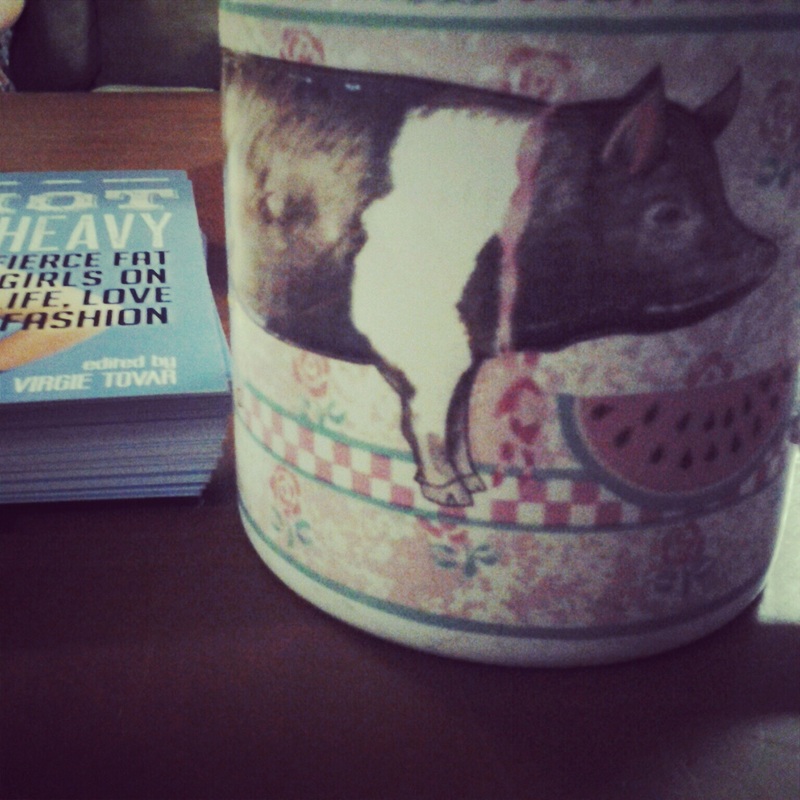
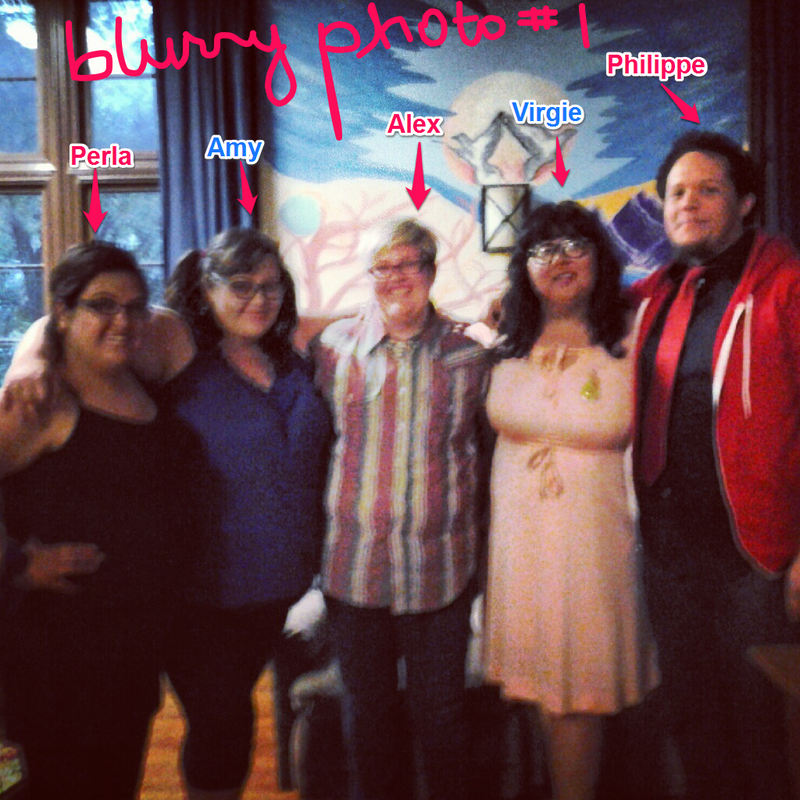
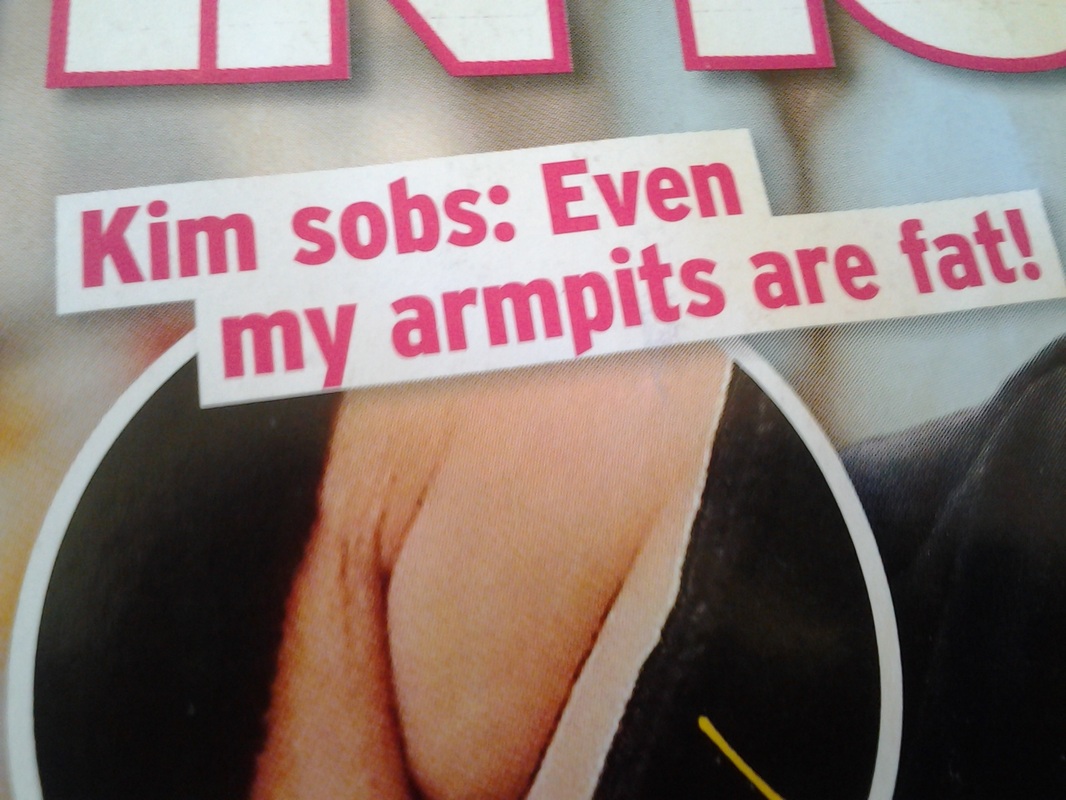
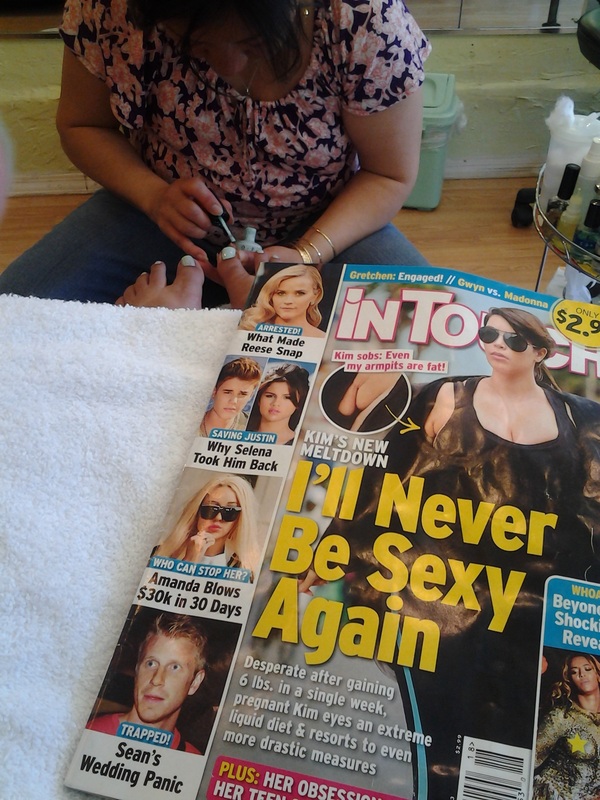
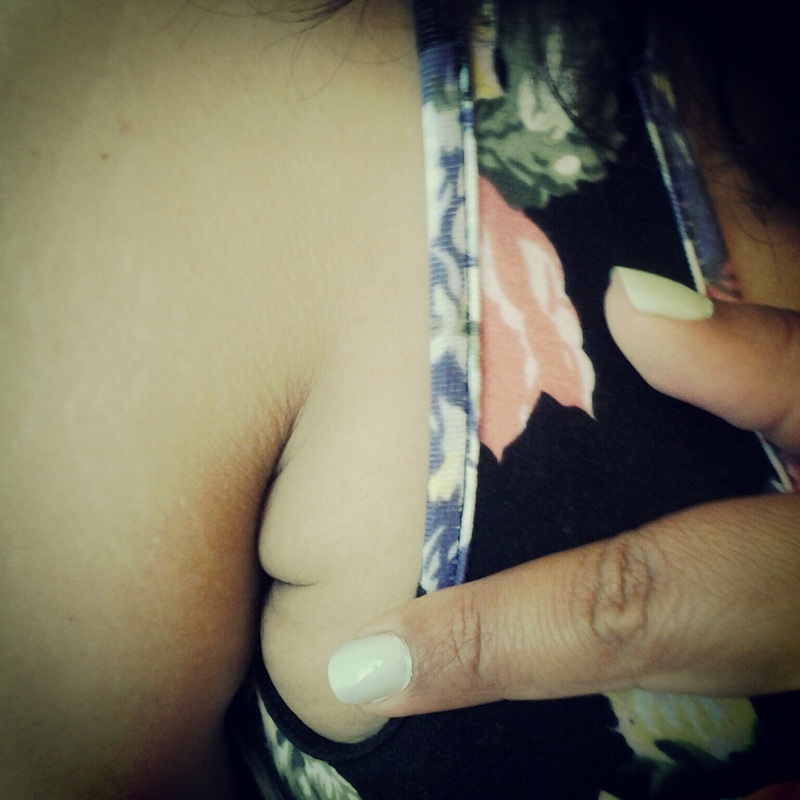
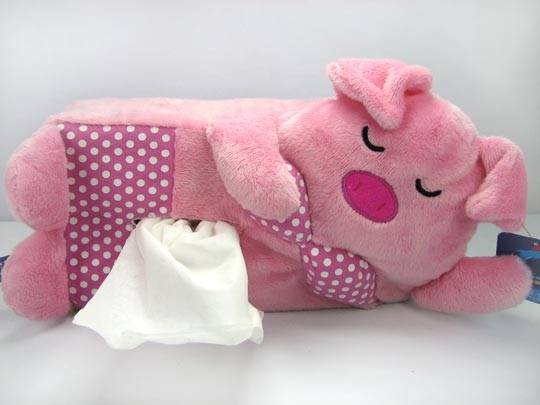
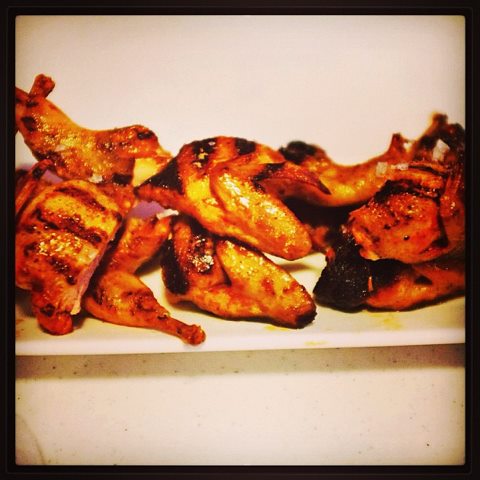


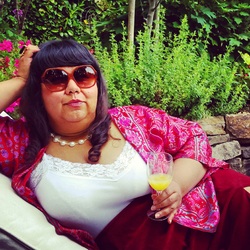
 RSS Feed
RSS Feed